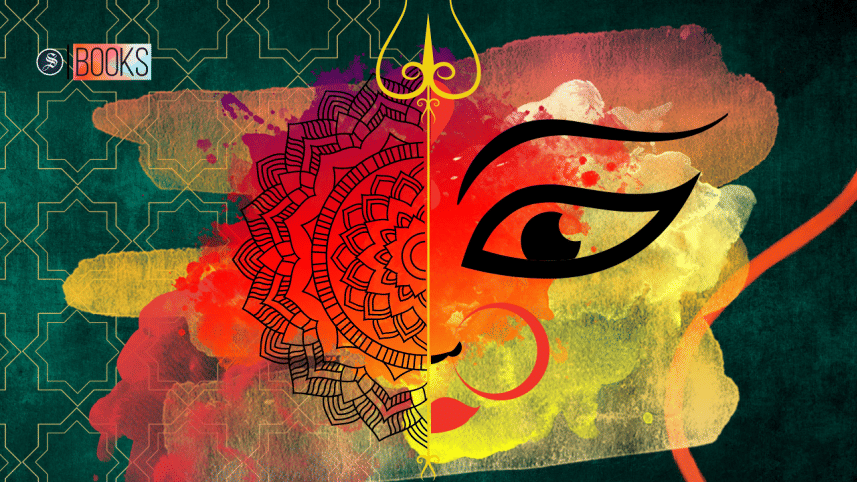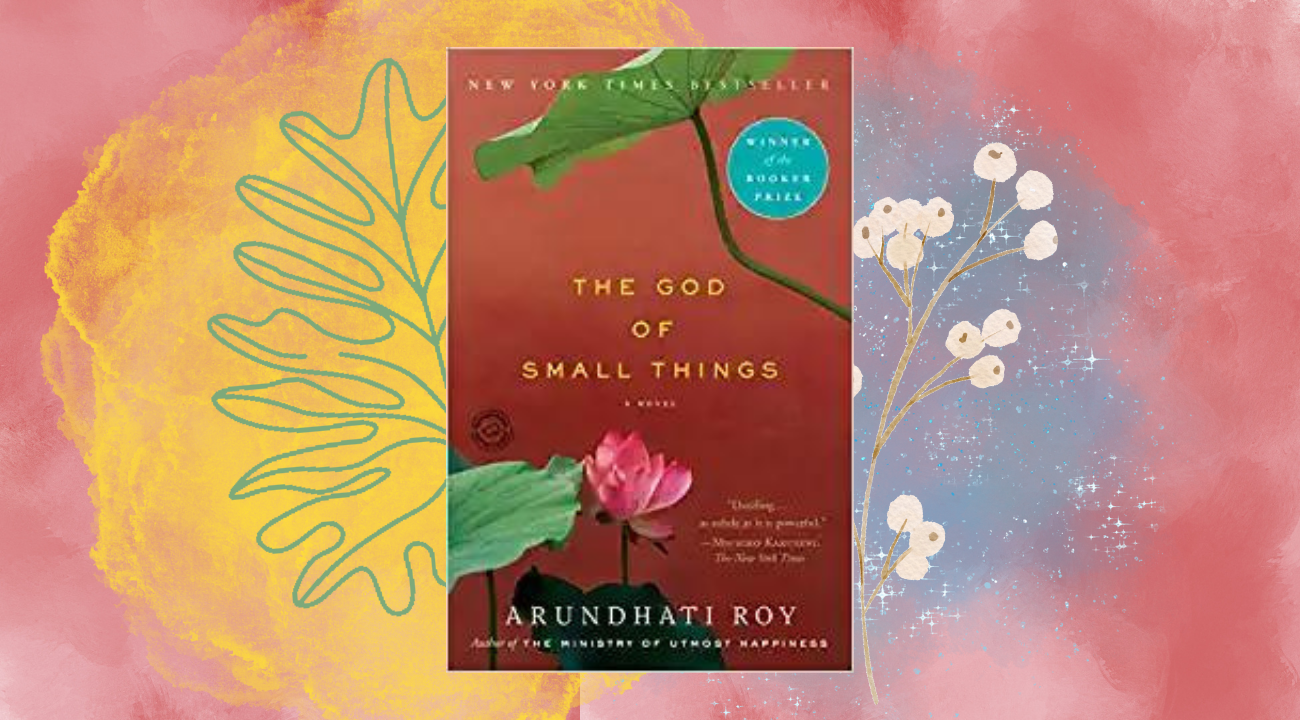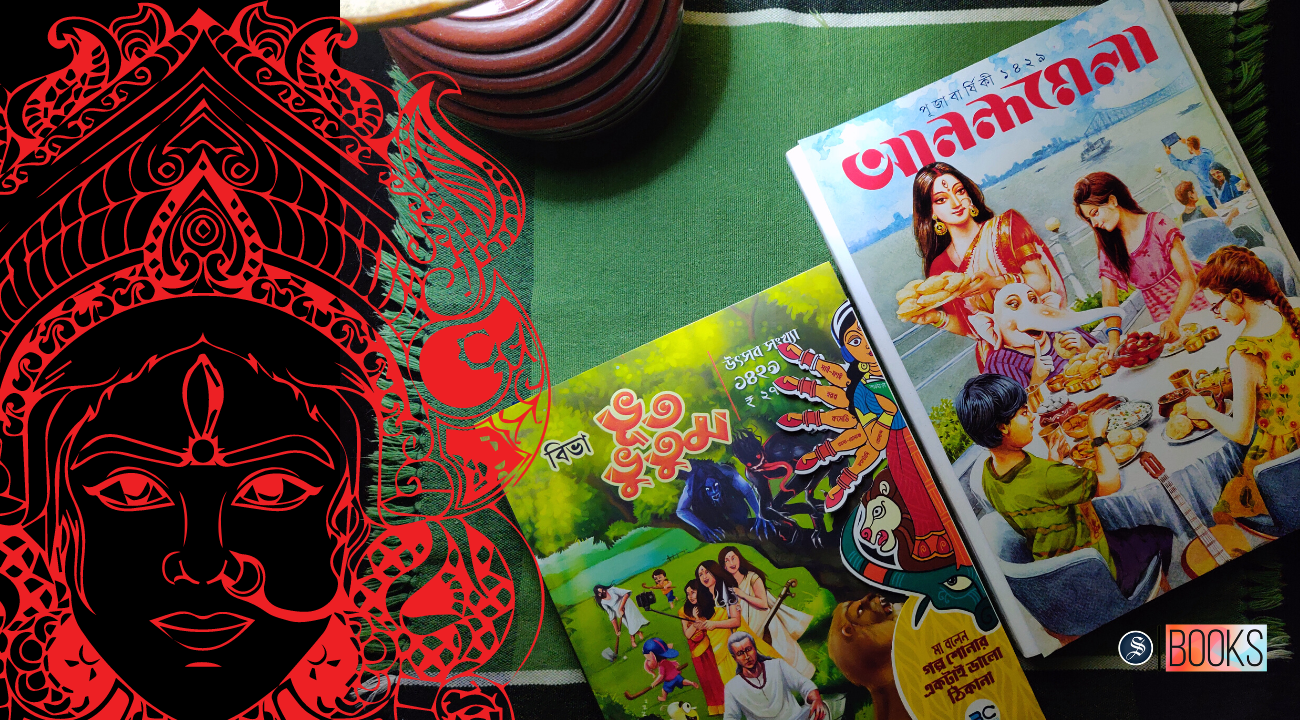Old sins cast long shadows: A vivisection of communal harmony as Puja ends

The first step in attempting to solve anything is acknowledging that there is a problem.
As we watched the Durga Puja of last year smear into carnage, celebrations turned into cries, it felt like a relief that this year the puja could be celebrated without any major incidents. And it was important to note that none of it was random acts of violence. Accepting that as a country and a culture we have a problem that goes far back, and is gaining power by the year, however hard, is the bare minimum we can do to start healing these wounds. Backtracking into a safe corner by claiming that 'this is not our country we see burning before us' shouldn't be an option, at least not at this point.
There is a Nabarun Bhattacharya poem, "Ei Mrittu Upottoka Amar Desh Na", that gets shared a lot whenever things like that happen. I got tired of seeing that—all well-meaning people renouncing the version of the country they saw before them. I think it's been long enough, and there has been bloodshed enough. There has to be a reckoning and I am tired.
And this death valley is my country,
this hangman's rhapsodic stage is my country,
this ample burning ground is my country,
this blood-soaked butcher's ground is my country.
It's easier for me, and so privileged of me to say that I'm tired. I was after all born Muslim in a Muslim-majority country. In Arundhati Roy's The Ministry of Utmost Happiness, the first-person narrator, Biplab Dasgupta, the Brahmin high-ranking bureaucrat in the Indian government, says that they have trauma too because they have to look at it, they-the-rest-of-the-India, they have to see what they are doing. And while I am scribbling all this, there are concerns that I hope won't get debilitating. But there should be a true concern in writing about a tragedy whose target is not you. The concern is that it can become exploitative, voyeuristic and patronising.
Which I hope it doesn't.
So here it goes.
Firstly, we can't just wish things away, we can't disown parts of our culture and country because they don't fit our particular ideal. That is a cop-out, an easy way out, that is claiming we are pristine, and the dirt lives elsewhere, claiming we are saints and that is not our sin.
That is our sin. The longer we deny that, the longer we claim that this is not our country, the stronger the threat will thrive in the corners. We can't map our country as we deem fit. Our own liberal bubbles are not the entire country. It is sickening to see the 'woke' people handing out sashes to each other in self-involved and self-indulgent posts on social media platforms sharing versions of their country where bigotry never existed.
Even if one has lived a very sheltered life, it is expected that in their adult lives at some point they will rise above their own personal experiences and see the country as it is. It begs the question, why this collective denial? Is it to soothe ourselves to sleep, and to make our reality less harrowing and afflicting?
Anyone who grew up in this country and culture, should not be so oblivious to the myriads of casual everyday hatred and sneers that are reserved for minority communities. Even before fully knowing the meaning of the words, children in homes, schools and playgrounds learn words like "lal pipra", "malaun" and so on. Even before knowing the full ramifications and implications, children learn rhymes that are so hateful that now as an adult, remembering them makes me nauseous.
I was in an all-girls school, so I wasn't privy to all the colourful ways one's Hindu classmate can be dismissed and bullied. In our school, there are Hindu religion classes, so none of my Hindu classmates had to make a hurdle and sit in the corner while the Islam class carried on. It is crazy that I have to mention that. Because that is the absolute bare minimum a school can do. And I too knew the rhymes, I've heard it plenty.
After the 2016 election and the win of Donald Trump, it was curiously observed by the African-American community and all the hyphenated citizens of the country how liberal America woke up to the fact that America is racist. Which is almost laughable considering how much oppression and police brutality is still going on. And they shouted, "This is not America!"
Liberal bubbles are quite alike throughout the world, they can hold that much cluelessness about the culture they live in. The Durga Puja incident of last year reminded me of the assault on a Muslim family in India on the suspicions that they had beef in their fridge.
This is our country, and one day at a time she is being stripped of her colours, her vibrancies. She is being starved and forced to deny the rights of her children. If we ever talked to all our relatives, watched our classmates, went back to our villages, we would know this ample burning ground is our country.
The man who placed the Quran in the mandir knows the country. He and the men behind him knew exactly what the ripple effect of that would be. He knew how little push the people needed to wreak havoc on the people belonging to the other religion.
While demanding the proper trial for the perpetrators, we should also be asking: why is it that we needed such a little push, an excuse almost to wreak havoc on our fellow Hindu citizens?
Old sins cast long shadows. Old sins have lineage, history and heritage. Old sins are passed down from generation to generation. During the attacks and assaults, when, along with other names of the places of this country the name of 'Noakhali' came up, I was reminded of old sins. It was the place that burned in communal hatred during the Partition year.
Hope can co-exist with acceptance. Fond memories can be remembered without delusions. And the hope is that there will be enough people too on the opposite spectrum of this. In homes enough fathers and mothers, and grandparents who do not just preach, but also show the children of the future how to coexist, and love and respect. In classes, enough teachers who don't separate, on playgrounds enough friends who have each others' backs, and who only recite rhymes of wonder and sweet mischief.
Though I force myself to stay on the ground and not float off and romanticise the past, I do drift off. I drift off to childhood where my mother talks about her house tutor Kanon Devi, who comes very early in the morning and wakes her up calling her 'Dolly moni'. She wears sandalwood powder and I see the fondness in my mother's eyes saying that was the smell of her childhood mornings. Laying in bed, my five-year-old head hanging outside the bed, I could smell it too in the fleeting autumn lights. I remember the Puja time rush of my neighbourhoods, the whole of Mymensingh giddy in anticipation, a sense of festivity in everyone. The Saraswati pujas of my school and college, seeing the mandap and then going for khichuri to a friend's house. During Durga Puja the five-day marathon of proshad, para mishti, chana shondesh, lots of cha and maddening laughter.
The reality is quite dire. But I hope it doesn't get debilitating. The things that we see now have always been there in our country, that shouldn't be news. What is changing and might reach a breaking point is how much of it is getting stronger, and has the balance been already tilted towards intolerance.
"But hope is the thing with feathers," Emily Dickinson said. So with a feathery hope, I wish that Nabarun Bhattacharya's poem will, time and again, not be turned into fashion statements for easy cop-outs. I hope we will not become Biplab Dasgupta and be delusional only to realise too late what had happened. What we let happen. But that, rather we'll be Guih Kyom, the dung beetle in Arundhati Roy's The Ministry of Utmost Happiness. The dung beetle who "will turn the tide."
Sumaya Mashrufa is a human being who tries to be a human being. On a more formal note, she is a translator who wants to be a good typist transcribing the stories of people who live in her head.



 For all latest news, follow The Daily Star's Google News channel.
For all latest news, follow The Daily Star's Google News channel. 



Comments